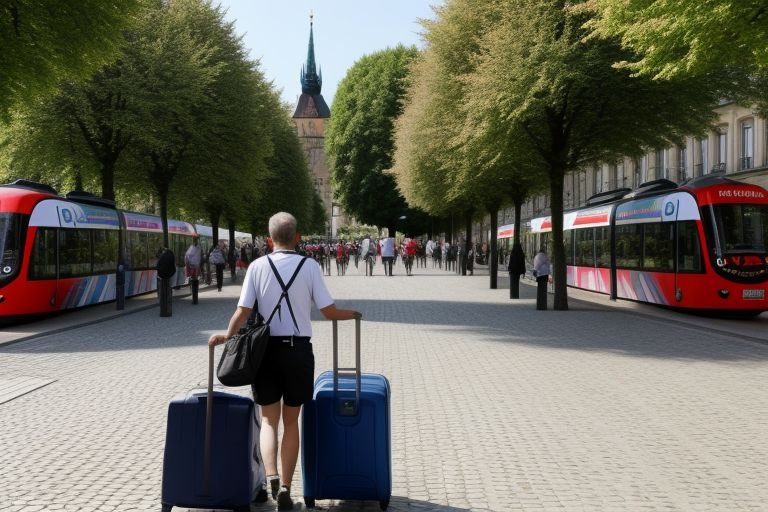In a bold move to cash in on the boom in remote work, Italy has just introduced their own Digital Nomad Visa. The programme was launched on Tuesday by the Italian government, seeking to attract international professionals to work in the country for long periods. The move is another step to help diversify Italy’s tourism to look beyond its famed cities and increase economic activity in less developed towns and rural areas.
Eligible remote workers will be able to stay in Italy for up to two years at a time, with renewability in mind. They also must fulfil certain criteria: showing employment or self employment in a company outside Italy, minimum income, health insurance. Family members can also apply for the visa. So professionals with children may find it attractive.
The overall focus of the programme is the revival of Italy’s smaller communities. With digital nomads, the government has partnered with a network of ‘smart working villages’ spanning the country to allow people to enjoy life in picturesque towns and countryside. High speed internet connexions and co working spaces have been built in these villages to give remote workers the infrastructure they need to work remotely, while visitors get to live the Italian culture and way of life.
Local authorities in many of Italy’s less visited regions have warmly welcomed it, hoping it can help their economies and reverse a cycle of population decline. Participating town mayors said they were excited to welcome international professionals and their families, whom they hope will bring new life to their communities.
The Italian government is also offering a comprehensive online platform of information regarding available accommodations and co-working spaces, as well as local services (shops, restaurants, etc.), to support the programme in the participating towns. The platform also provides other useful resources to help digital nomads get through the Italian bureaucracy it will help deal with tax regulations and even access healthcare services.
The introduction of the Digital Nomad Visa is set to transform Italy’s tourism industry, which has historically attracted short term visitors to major cities and coastal resorts. The programme is designed to encourage longer stays and promote lesser visited places with a more sustainable, distributed model for tourism. Industry leaders foresee digital nomads’ impact on local economies surpassing accommodation and daily expenses as an active engagement in cultural activities and backing of local businesses will extend over time.
As the launch of the visa has gained them so much interest across the world, remote workers are looking at working and living in Italy. Online discussions between the digital nomads have been focused around which Italian towns are best for them, and the advice from cultural tips on how to find an apartment, to tips on learning Italian, etc.
But some local residents in target communities are concerned about the programme too. Few are concerned about the risk of raises in housing costs and what that will mean for local services. Thus, to avoid these problems, the national government has assured close monitoring of the programme’s impact and sought to integrate measures that will allow digital nomads’ influx to coexist productively with host local communities while causing no disorder.
Other European countries are keeping an eye on as Italy rolls out this innovative visa programme. The Digital Nomad Visa underway in Italy could be the blueprint for others across the continent, changing the rules of how we work and travel in the future. Given that we’re in it now, all eyes are on Italy to see how it unfolds this ambitious experiment of combining remote work with cultural immersion, and whether it’s the start of something new for tourism in the digital age.

















+ There are no comments
Add yours